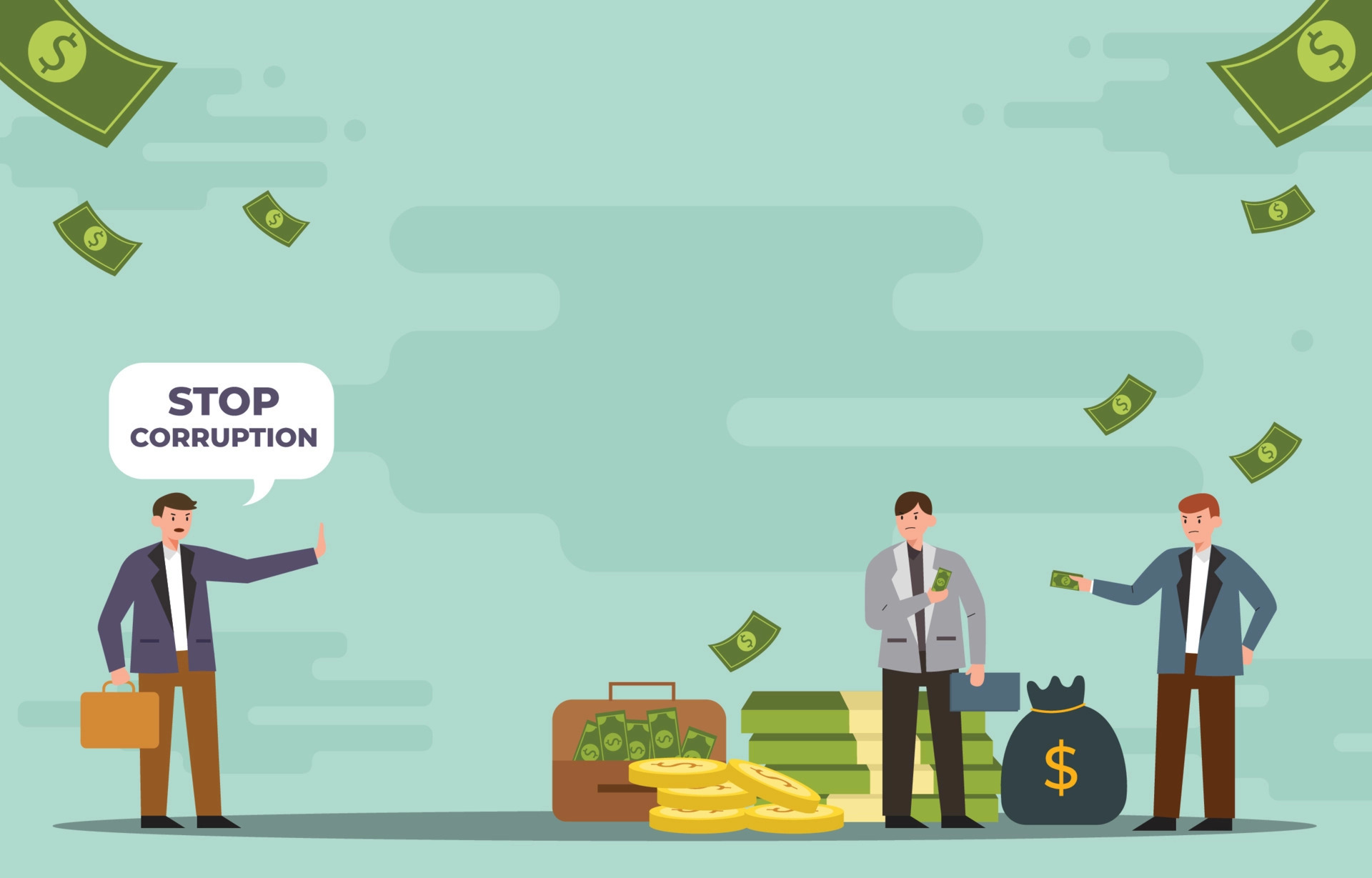Corruption is a phenomenon that has plagued societies throughout history. It is the abuse of power by individuals or institutions for personal gain or enrichment, often at the expense of the general public. Corruption can take many forms, from bribery and embezzlement to nepotism and cronyism. Its effects are often far-reaching, undermining the rule of law, eroding public trust, and hindering economic growth and development.
The roots of corruption can be traced back to ancient times. In the Roman Empire, for example, officials routinely accepted bribes and engaged in other forms of corruption to enrich themselves. Similarly, in ancient China, corrupt officials were known to abuse their power for personal gain. In India, the caste system and patronage networks enabled corruption to thrive.
During the Middle Ages, corruption was prevalent in the Catholic Church. Church officials abused their power and engaged in simony (the buying and selling of church offices) and nepotism (favoritism shown to family members and friends). This corruption led to the Protestant Reformation in the 16th century, as many people grew disillusioned with the Church's corruption and excesses.
In the 18th and 19th centuries, corruption was rampant in the European colonial empires. Colonial officials often used their power to enrich themselves and their home countries, at the expense of the colonized populations. In the United States, corruption was widespread during the Gilded Age (late 19th century), as wealthy industrialists used their money and influence to bribe politicians and manipulate the political system.
In the 20th century, corruption continued to be a major problem in many parts of the world. In post-colonial Africa, corrupt officials often siphoned off aid money and natural resources for personal gain, leading to widespread poverty and underdevelopment. In Russia and other former Soviet republics, the transition to a market economy was marred by corruption, as oligarchs and government officials enriched themselves at the expense of the general public.
Today, corruption remains a major challenge for many countries. It undermines democracy, distorts markets, and perpetuates poverty and inequality. The international community has recognized the importance of tackling corruption, and there have been efforts to promote transparency, accountability, and good governance. The United Nations has established the Convention against Corruption, which aims to promote cooperation between countries to prevent and combat corruption.
In conclusion, corruption has been a persistent problem throughout human history. While its forms and manifestations have varied over time and across different societies, its effects have always been detrimental to the common good. The fight against corruption is a never-ending one, and requires sustained efforts by governments, civil society, and the international community to promote transparency, accountability, and good governance.

Comments